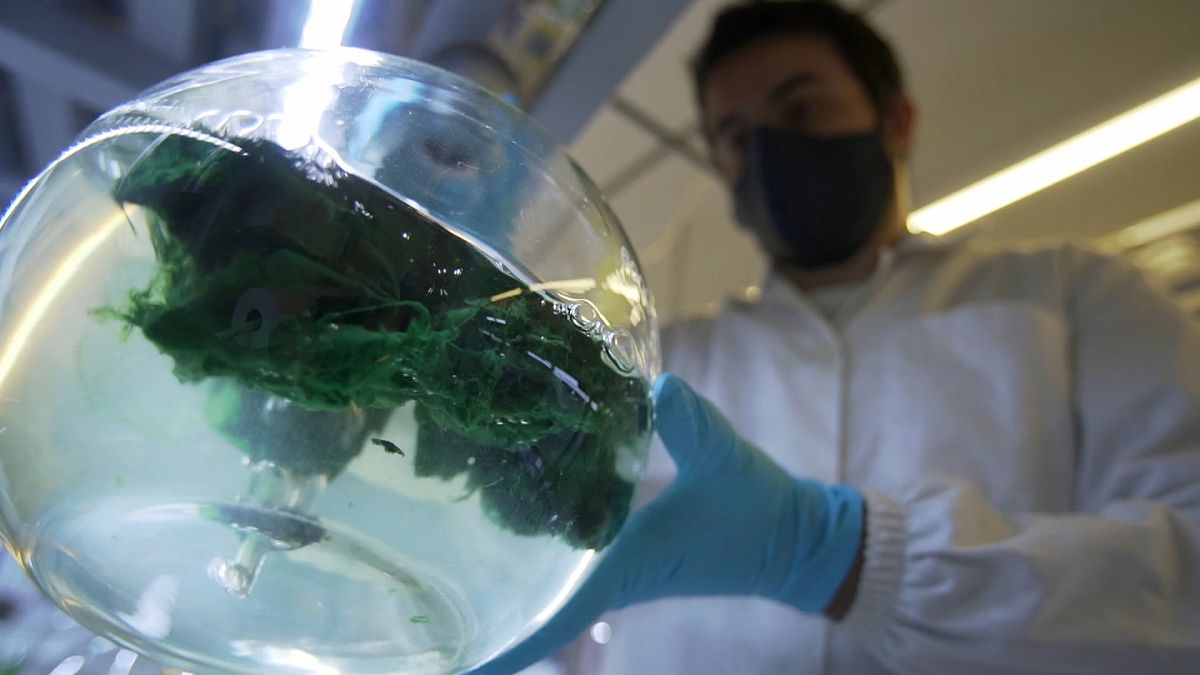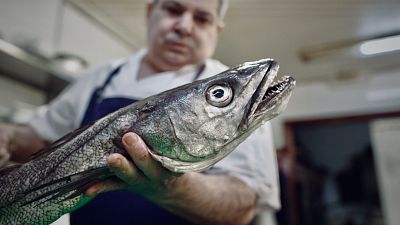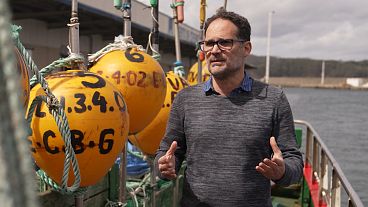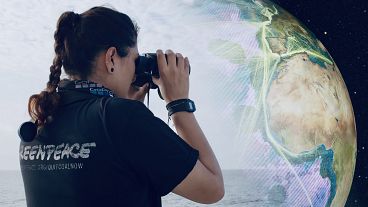Some cyanobacteria and microalgae have existed in the oceans for more than 3.5 billion years and they may hold the key to defeating some of humanity's deadliest diseases.
There are countless quantities of yet unknown microorganisms in the sea. Scientists and researchers believe they could help us cure some of the world's most common diseases, like cancer, chronic pain and much more. How do scientists think they can achieve this and how can they do it without damaging the health of the sea itself?
Professor Vítor Vasconcelos, Director of the Interdisciplinary Center of Marine and Environmental Research (CIIMAR) at the University of Porto tell us more about these microorganisms, why they can help and how we can extract them safely.
How can we use marine microorganisms to improve our health?
Professor Vítor Vasconcelos:
"The ocean can be one of the solutions to improve our health because, first of all, we have to understand that the ocean provides about half of the oxygen that we have in our planet. At the same time, we have a lot of organisms that can be explored and exploited in order to provide new solutions for our health. We can imagine, for instance, using cyanobacteria or microalgae, that are organisms that have existed in the ocean for more than 3.5 billion years. So they have withstood different environments. By that, they have produced the machinery to have molecules that can nowadays be used to treat cancer, to treat malaria, to reduce obesity and other diseases that are influencing our planet".
How should we proceed?
"The ocean is not only vast, but it's underexploited. I would say that we spend probably more time studying space than the ocean itself, and it's near us. So what we have to do now is, in fact, do it in a sustainable way. We have exploited the ocean in a very fast way by fishing, but now, for instance, studying microorganisms, we can do that in a sustainable way. We can isolate them, then culture them in the laboratory in ways that can potentiate the production of these molecules. In that sense, I think we have more than 90% of the species of microorganisms that are not studied yet, so we are doing that".
To watch the full interview with Professor Vítor Vasconcelos, click on the media player above.



